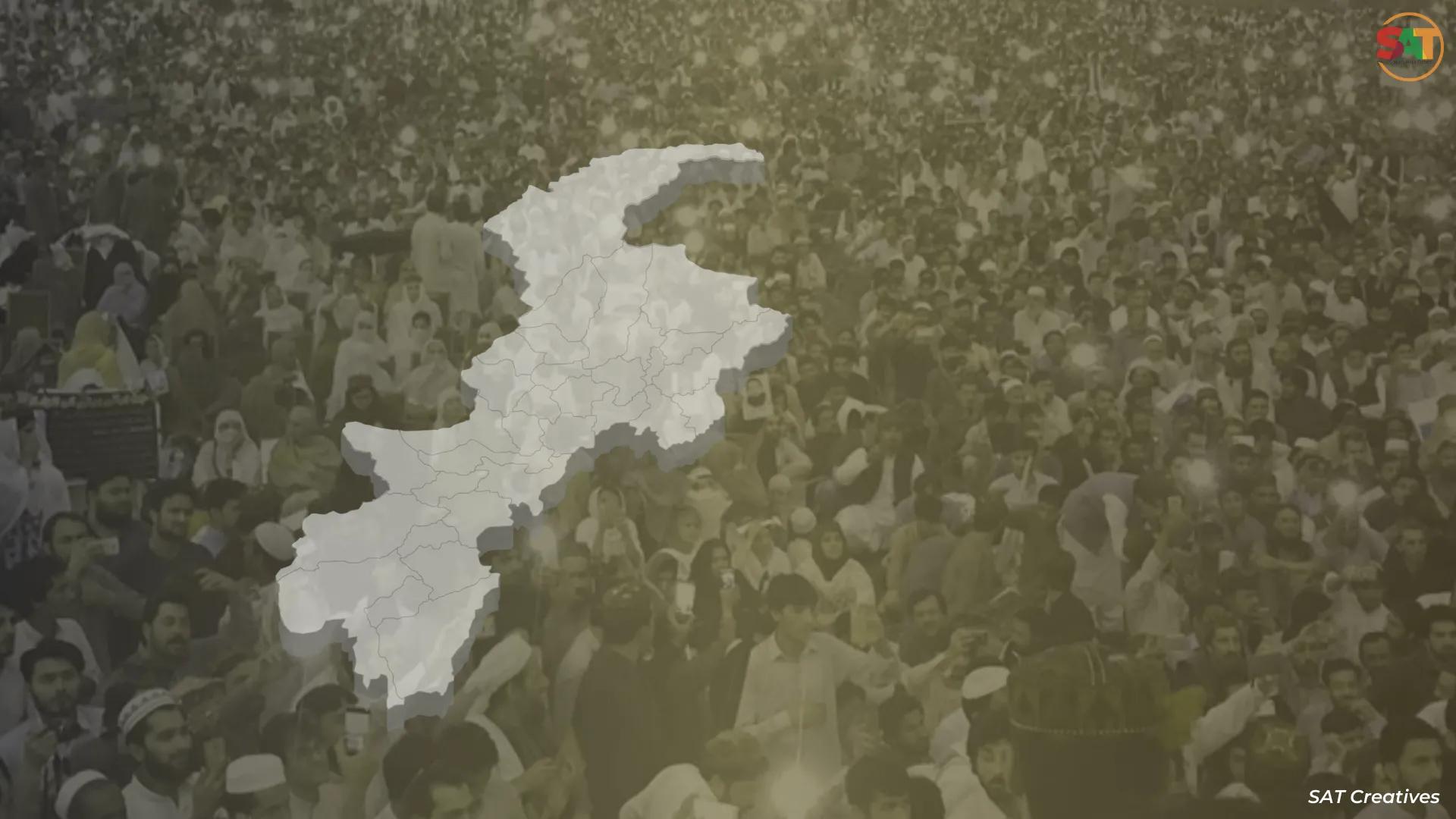No matter what prism or angle we choose, the issue of ethnic, ethnonational, religious, and ethnoreligious fault lines in Pakistan remains constant on the country’s security landscape. However, we are likely to overlook the bigger picture if we try to understand the issue in isolation. For example, the bigger picture also reveals that this is not something unique to Pakistan. India is even more diverse in ethnicities and has a correspondingly larger number of active separatist movements, primarily in its South and North-East. Afghanistan faces a similar situation, with its volatility being a direct outcome of ethnicities demanding a share in power. This issue has been further complicated by two direct invasions by the respective superpowers of the world.
The existence of diverse ethnic groups in a country is not a problem in itself. Diverse groups can co-exist peacefully. But it becomes a problem when other factors push a general sense of discontentment in people for the state. State welfare functions that are lacking primarily fuel this general sense of discontentment.
In Pakistan’s case, it has also been fueled by militancy of which people in Khyber Pakhtunkhwa province have been a direct victim.
But the militancy landscape is not as simple as some outsider terrorists coming to attack the locals. The unfortunate situation is that many locals have picked up arms against the state. Hardliner religious ideologues, who arrived in the country during the Soviet invasion of Afghanistan, have pushed them to do so. The proximity of the Soviets to Pakistan further exacerbated the issue.
Movements in Pakistan
That being one chapter of history, Pakistan’s history is also filled with small and large groups emerging as movements over time. These movements sometimes demand separation and other times seek more autonomy. The most recent of these is the Pashtun Tahafuz Movement (PTM). PTM claims to represent the Pashtuns of the country, especially those from the erstwhile FATA region.
The first prominent appearance of PTM was not in FATA but in Karachi, the country’s largest urban city. Prior to PTM, the Mehsud Tahafuz Movement (MTM) existed. After the killing of Naqibullah Mehsud in Karachi in 2017, MTM, previously limited to a tribe, sought to appeal to the larger Pashtun population.
Since then, PTM’s demands and activism have constantly undergone change.
Early on, PTM claimed to be the only Pashtun movement born out of the sentiments and anger of young ethnic Pashtuns who saw themselves and their families as victims of terrorism and injustices during the War on Terror. But PTM gradually revealed itself to be serving and pursuing a very different direction and using the sentiments of Pashtuns as a cover.
The slogans and demands grew more sub-nationalist over time. In 2018, the government merged Ex-FATA into KP as a constitutional move intended to bring the far-flung region into the political mainstream. But PTM has hindered it by voicing for more autonomy for erstwhile FATA. The demands of autonomy now stand closer to demands for separation. There is every reason to believe that the leadership of PTM has historically aligned itself with causes like Pashtunistan, a region comprising Pashtuns from the northwest of Pakistan and the south of Afghanistan. The leadership’s closeness to the previous Ghani regime in Afghanistan and also to Tehrik e Taliban Pakistan (TTP) who willfully picked up arms against Pakistan speaks a lot about the movement’s intentions.
Also See: Islamic Emirate of Afghanistan: No Trouble with Neighbors
Sub-Nationalist Motives
The ethno-national fault line of Pakistan’s North-West has tactfully been weaponized by PTM to further sub-nationalist desires. Every state deals with matters such as this with high-handedness because, in the world of nation-states, a state’s territorial preservation is a precondition for survival. PTM could have been a facilitator in the process of normalizing the North-West if it were a legitimate movement of the ethnic Pashtun people of the country but with its latest protest demonstration, it only confirmed that it is far from it.



![Afghan men search for victims after a Pakistani air strike hit a residential area in the Girdi Kas village, Nangarhar province on February 22, 2026. [Aimal Zahir/AFP/Getty Images]](https://southasiatimes.org/wp-content/uploads/2026/02/gettyimages-2262391441.webp)


